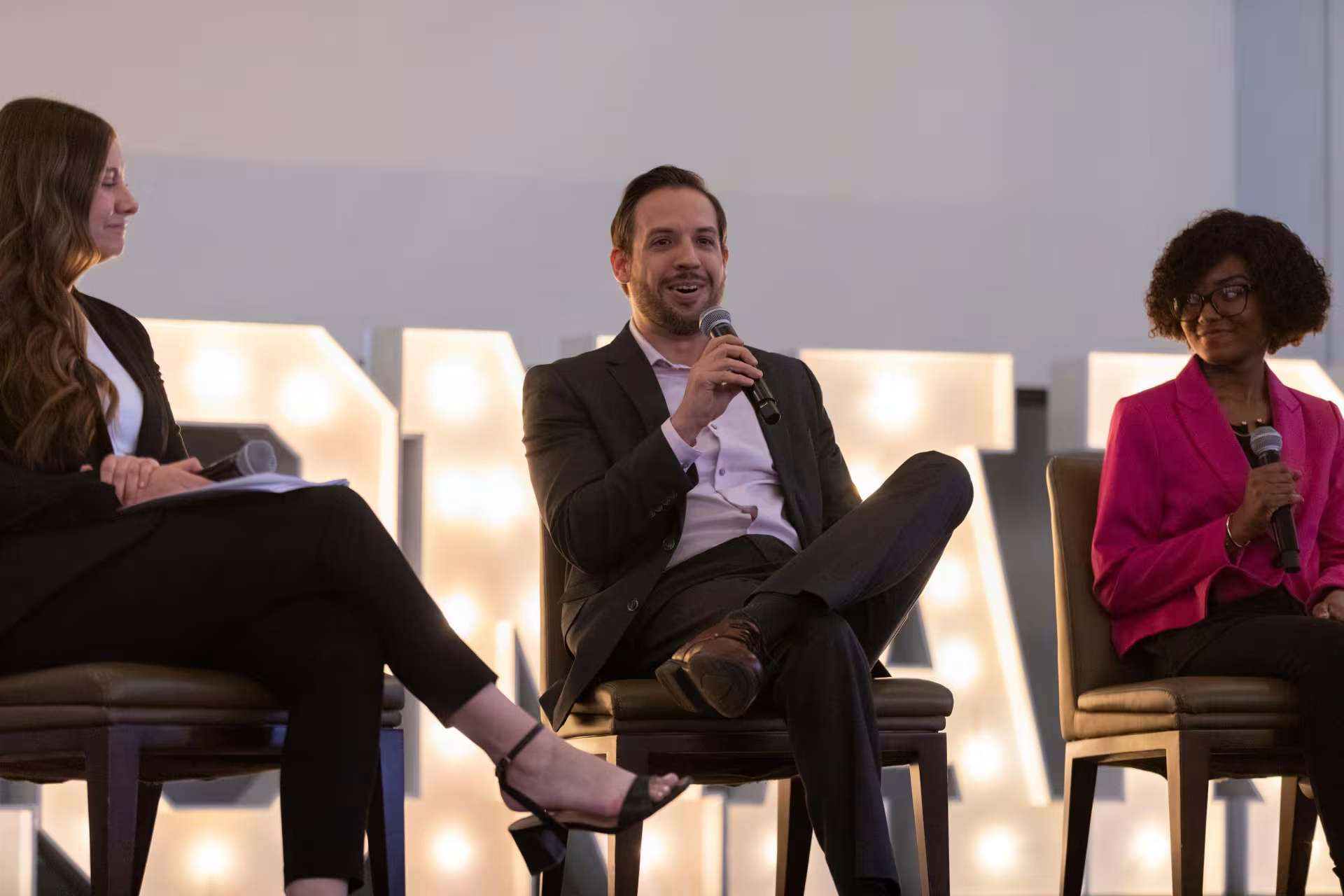Industrial and organizational psychology is the study of how people behave within organizations, specifically within workplaces. I/O psychology doesn't only focus on the theoretical, however. It also examines how industrial and organizational psychology principles can be applied to the workplace to solve common problems and uplift employees.(See disclaimer 1)
What is industrial and organizational psychology’s main goal? It can vary from one organization to another. Some employers might be primarily concerned with improving employee productivity, while others might focus on employee satisfaction, efficiency and physical and mental well-being.(See disclaimer 2)
If you’re already a licensed clinical or counseling therapist who is interested in shifting the focus of your work to organizational well-being, you might consider earning additional psychology credentials that focus on industrial-organizational psychology. Earning a psychology PhD in this area of focus may allow you to pursue consulting or position yourself to potentially pursue leadership positions.
First, take a closer look at the key concepts within this branch of psychology before diving into potential industrial and organizational psychology careers.
I/O Psychology Definition and Key Concepts
Industrial and organizational psychology involves the application of psychological principles and theories to the workplace.
There are two halves to the I/O equation:(See disclaimer 2)
In combining these two halves, I/O psychologists work to benefit the entire organization through a better understanding of how to improve employee productivity, efficiency and satisfaction, while supporting employee mental and physical health.
An I/O psychologist may study the organization and its employees’ behavior with regard to these main areas:(See disclaimer 3)
Within those main areas, an I/O psychologist might look at a wide range of factors that can affect employees and organizations. For example, they might consider how better ergonomics could protect worker safety while boosting productivity. They may examine how the organization could improve work/life balance to boost morale and employee retention.(See disclaimer 2)
I/O Psychology vs. Performance Psychology
Both I/O psychologists and performance psychologists focus on empowering people to improve their performance, but in very different contexts. While I/O psychology seeks to optimize organizations and employees, performance psychology focuses predominantly on helping athletes achieve their full potential.
In fact, performance psychologists are often called sport and performance psychologists. They might help athletes with everything from gaining or regaining self-confidence to communicating more effectively with teammates to working through the mental drain of an injury rehabilitation process. Though this is a popular form of performance psychology, the profession isn’t limited to sports. Performance psychologists work with an individual in areas such as coaching, communication, confidence and mentorship. This can be with clients in any career field, such as doctors or entertainers. Compared to I/O psychologists, they work more one-on-one instead of evaluating an organization as a whole.
Career Opportunities in Industrial and Organizational Psychology
Industrial and organizational psychology careers can include consulting work with organizations as a psychologist and teaching I/O principles to the next generation of future psychologists as a postsecondary instructor.
Psychologist
If you already hold clinical licensure as a therapist, you may be interested in transitioning into industrial and organizational psychology. Most states only license clinical and counseling psychologists and do not require an additional license for those who are becoming industrial and organizational psychologists.(See disclaimer 4)
As an I/O psychologist, you could pursue work in a wide range of settings. Some I/O psychologists work with organizations and employees in the public or nonprofit sectors. Some work with health or community organizations. Others focus their work on private businesses across a wide range of industries.(See disclaimer 1)
The typical daily responsibilities of an I/O psychologist can depend on the needs of the organization they’re working with.
In general, however, tasks may include any of the following:
Postsecondary Psychology Teacher
Another option to consider is to teach at the postsecondary level. A PhD is generally the minimum qualification necessary to pursue a teaching position at a university. Some universities also prefer to hire professors who have relevant work experience in their field of expertise.(See disclaimer 5)
As a university professor, you might be responsible for both teaching and conducting research in the I/O psychology field. You would likely be expected to publish your work and findings in scholarly journals.
Other common tasks of postsecondary teachers can include the following:
What Do Industrial-Organizational Psychologists Do?
Industrial-organizational psychologists typically work internally at organizations to identify means of improving productivity, efficiency and quality of work life.
As an I/O psychologist, you might work to address all sorts of issues experienced by organizations and their employees, such as the following:(See disclaimer 2)
One question commonly asked about the I/O branch of psychology is, "Are I/O psychologists actually psychologists?" Yes, they are; however, they do not hold clinical counseling sessions with clients who are experiencing mental or emotional issues, such as depression. Instead, they work to optimize organizations and employees.
What do industrial-organizational psychologists do beyond focusing on the internal dynamics of an organization? Some of them may also seek to develop a better understanding of consumer behavior. An I/O psychologist may consult with companies to help them better understand consumer buying patterns in order to inform marketing campaigns and other strategic initiatives.
Explore GCU's PhD in I/O Psychology
If you already hold a counseling license and are interested in examining advanced competencies in industrial and organizational psychology, consider applying to Grand Canyon University’s Doctor of Philosophy in General Psychology: Industrial and Organizational Psychology (Qualitative Research) degree program. This PhD program is available with online or evening classes, paired with on-campus residencies.
This degree is designed for those passionate about psychology and are interested in pursuing leadership or consulting positions or positions in academia. At the College of Doctoral Studies, the dissertation is integrated directly into the coursework, enabling you to dive right into your own original research project. You will emerge from the program having examined advanced competencies in data collection, management and analysis, as well as the organizational principles and methods of industrial and organizational psychology.
Fill out the form on this page to request a consultation with a university counselor at GCU and explore the extensive scholar support resources we offer our doctoral community.
Examine advanced competencies in industrial and organizational psychology. Earn your PhD at GCU!






